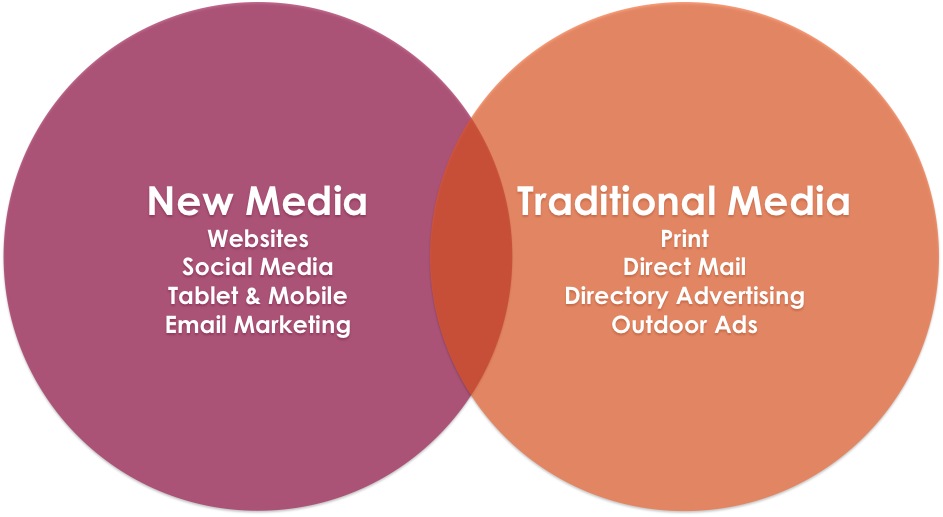Reading by Matt Soar.
“I think what the web offers is an opportunity to examine and understand very small everyday details of our lives.” – Cat Kizek, the NFB’s filmmaker in residence has stated. This quote from the reading got me thinking about Korsakow and the sketch tasks we have been completing weekly for this course. I agree with the statement, and think that it rings true not only in film, or more so documentary film, but in all aspects of the world wide web. I know that this reading is majorly about Korsakow and documentary filmmaking with such a program, but I really want to try and expand on this idea that the internet allows us to ‘examine’ the smallest details form our everyday lives. With documentaries like the sketch films we have been working on, it is for sure apparent that this is the case. Speaking form personal work, my sketch film is a good example of this, as it is a non linear documentary that is mostly portraying very small aspects of my life.
However, it is not only documentaries like Korsakow films that offer this opportunity to share and understand details of our everyday lives, it is all networking and social media available to us on the internet at provide this opportunity too. Places such as Facebook, Twitter, Instagram, Vine etc all provide a space to share bits and pieces of our daily lives with the rest of the world, or the small portion of the rest of the word that actually look at our posts. There is not one day that goes by that I don’t see at least one post on instagram of someone’s breakfast, lunch or dinner – and this is just one example of how these sites and apps allow us to share small details.
So although this weeks reading was all about Korsakow, I feel like for me, the biggest take away point is that the internet plays a huge role in providing the world with a platform to document and share their small scale, and also big scale, daily moments and details. It prompted me to think more about how this individual sharing of information and facts and images and text all combine to make mini documentaries each day, where people all over the world become interactive documentary makers of their own happenings.

